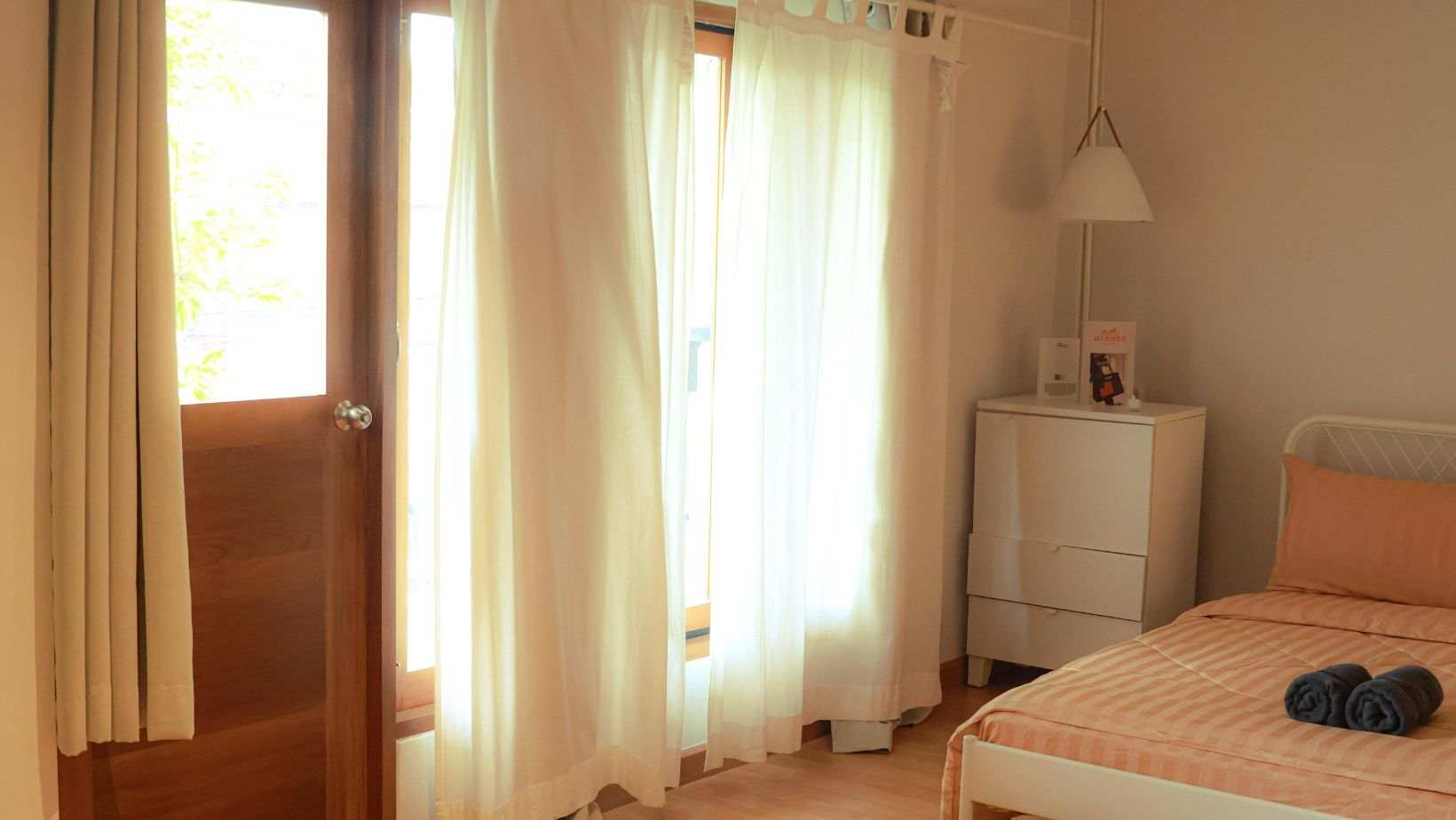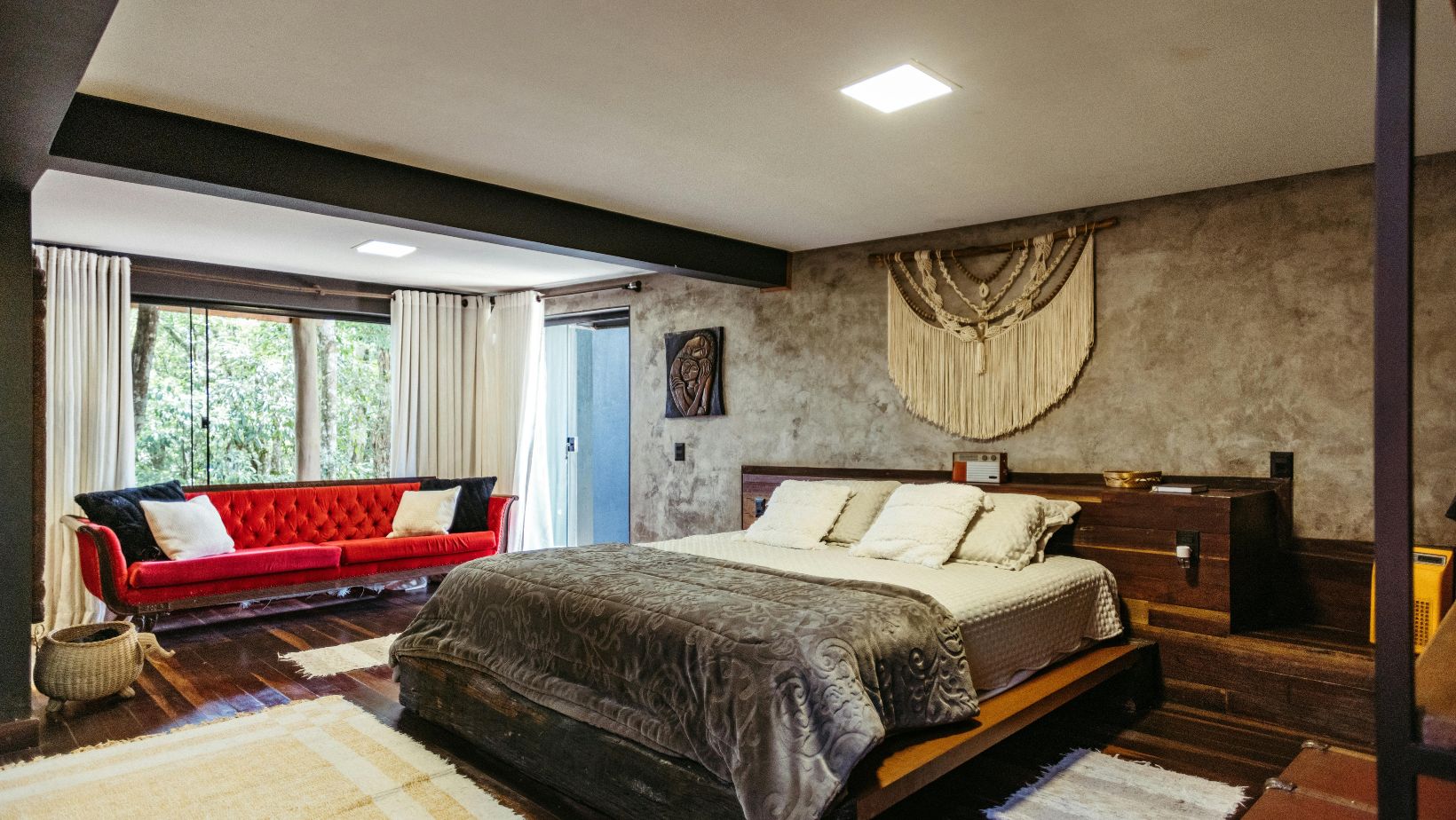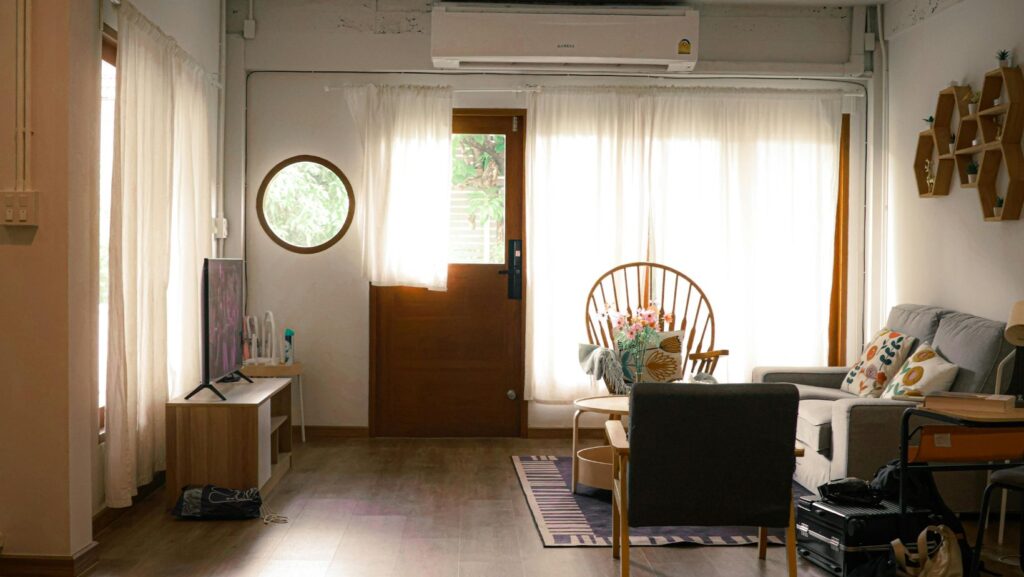Short-term rentals have become a popular alternative to hotels, offering travelers unique stays in private homes, apartments, and vacation properties. While these rentals provide convenience and affordability, they also come with hidden dangers that many guests overlook. Unlike hotels, which are subject to strict safety regulations, Airbnb properties often lack the same level of oversight. This gap in safety standards can lead to unexpected hazards, from faulty wiring to inadequate security measures.

Many travelers assume that just because a property is listed on a major platform, it meets basic safety standards. However, not all hosts follow best practices for fire safety, structural maintenance, or even emergency preparedness. Guests checking into an Airbnb might not realize that their rental lacks working smoke detectors, secure door locks, or proper escape routes. Without proper precautions, what should be a relaxing getaway can quickly turn into a nightmare.
Hidden Dangers Lurking in Airbnb Rentals
Short-term rental properties often lack proper oversight, making safety risks more common than in traditional hotels.
- Faulty Electrical Systems- Exposed wiring, overloaded outlets, and outdated circuit breakers increase the risk of fires and power failures.
- Structural Weaknesses- Loose railings, weak staircases, and poorly maintained balconies can lead to dangerous falls.
- Lack of Fire Safety Measures- Missing or non-functional smoke detectors, fire extinguishers, and emergency exits put guests at risk in case of a fire.
- Unsecured Doors and Windows- Some rentals have weak locks or no security measures, making them more vulnerable to break-ins.
- Poorly Maintained Gas Appliances- Faulty water heaters, stoves, or heating systems can lead to carbon monoxide leaks and serious health risks.
- Hidden Mold and Air Quality Issues- Undetected mold, dust buildup, or inadequate ventilation can cause respiratory problems, especially for sensitive individuals.
To stay safe, guests should inspect their rental upon arrival, check for emergency exits, and ensure that fire and security measures are in place.
Who is Responsible When an Airbnb Stay Turns Dangerous?
Determining liability in an Airbnb-related injury can be challenging, as responsibility is often split between the property owner, the rental platform, and even third-party maintenance providers. Hosts are expected to maintain a safe environment, but many fail to conduct regular safety checks. In some cases, Airbnb’s own policies may complicate a guest’s ability to seek compensation for injuries. When serious accidents occur, legal guidance becomes crucial in holding the right parties accountable.
For guests who suffer injuries due to unsafe conditions, seeking legal assistance can help navigate the complexities of liability. Chris Corzo Injury Attorneys, a highly reputable Baton Rouge personal injury law firm, represents victims who have been harmed in unsafe short-term rental properties. Whether the injury was caused by structural defects, fire hazards, or negligent security, victims may have grounds for compensation. Understanding legal rights is essential for travelers facing unexpected injuries during their stay.
Fire and Carbon Monoxide Risks in Rental Properties
One of the most serious dangers in short-term rentals is the lack of fire and carbon monoxide safety measures. Many properties lack working smoke detectors, making it difficult for guests to receive early warnings in the event of a fire. Carbon monoxide poisoning is another silent threat, especially in older properties with gas appliances. Without functioning carbon monoxide detectors, guests may be unknowingly exposed to deadly fumes.
Hosts are responsible for ensuring their properties have basic safety features, but not all of them take this responsibility seriously. In cases where a fire or gas leak occurs due to negligence, victims may be able to hold the host accountable. Even in minor incidents, exposure to smoke or carbon monoxide can lead to serious long-term health effects. Checking for safety devices upon arrival is a simple but essential step for all guests staying in an Airbnb.
Inadequate Security Measures and the Risk of Break-Ins
Short-term rentals often lack the same security standards as hotels, making them a target for break-ins and theft. Many properties rely on basic locks or outdated security systems, leaving guests vulnerable. Unlike hotels, which have front desk staff and surveillance cameras, Airbnb guests are often left to secure themselves with minimal protection. This creates opportunities for criminals to target vacation rentals, knowing that guests may be unfamiliar with the area.
In some cases, past guests may still have access to the property if hosts fail to update key codes or change locks regularly. There have been incidents where former renters or unauthorized individuals have entered properties using old access codes. For travelers, choosing rentals with smart locks, security cameras (outside), and verified hosts can reduce the risk of a break-in. When a rental lacks proper security, the host may be held responsible for any harm suffered due to negligence.
Protecting Yourself: Steps to Ensure a Safe Airbnb Stay
While platforms like Airbnb offer convenience, guests must take extra precautions to protect themselves. Checking for smoke detectors, carbon monoxide alarms, and fire extinguishers upon arrival is a critical first step. Researching the neighborhood and reading past guest reviews can provide insight into the area’s safety. Bringing a portable door lock or travel security device can add an extra layer of protection.
Communicating with the host before arrival can also help address potential safety concerns. Asking about emergency exits, security features, and recent property inspections can provide peace of mind. If a rental seems unsafe upon arrival, guests should not hesitate to leave and report the issue to Airbnb. Taking proactive measures ensures a safer and more enjoyable stay.
The Future of Safety in Short-Term Rentals
As short-term rentals continue to grow in popularity, there is increasing pressure to establish stronger safety regulations. Some cities have begun implementing stricter inspection requirements and holding hosts accountable for maintaining safe properties. Airbnb and other rental platforms have also introduced new safety features, including mandatory smoke and carbon monoxide detectors in listings. However, enforcement remains inconsistent, and guests must remain cautious.

Improved host accountability and clearer safety guidelines could help reduce preventable accidents in short-term rentals. Travelers should continue advocating for better safety standards while also taking personal precautions. While Airbnb provides a flexible and unique travel experience, ensuring guest safety should remain a top priority. With greater awareness and responsibility, the risks of short-term rentals can be minimized for all guests.
